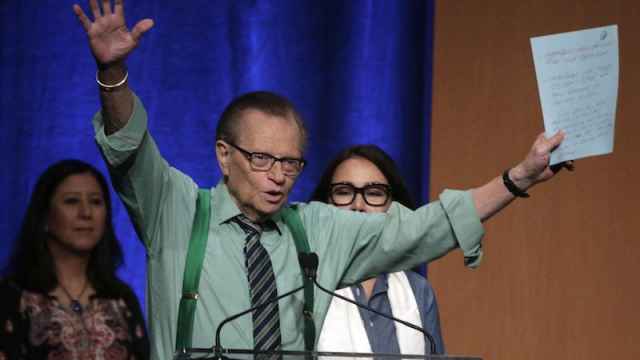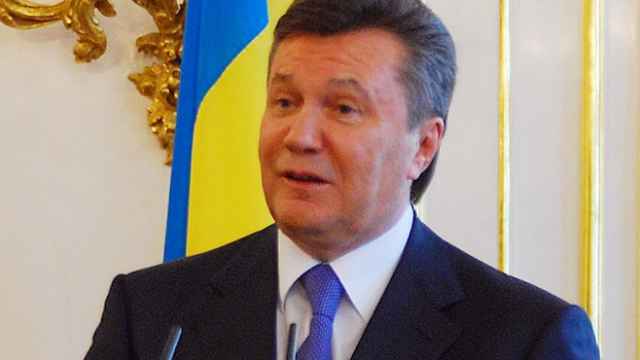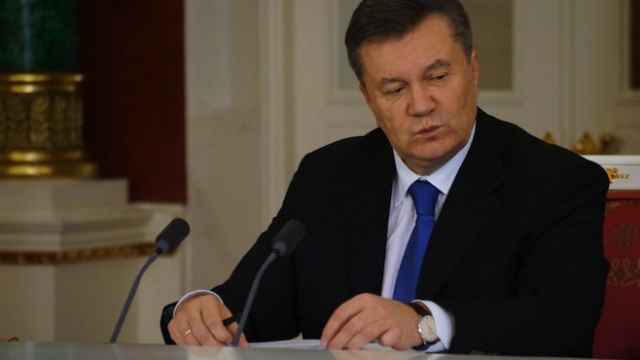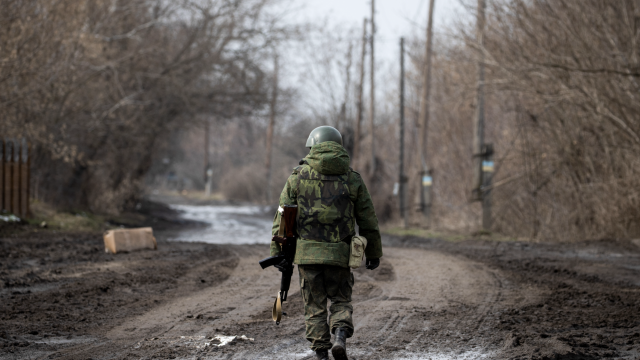Former Ukrainian President Viktor Yanukovych testified to a court that the police attack on Maidan protesters, which took place on Nov. 30, 2013, may have been connected to the head of his administration, Sergei Levochkin.
"Yes, it's possible he was involved. Possibly. But I didn't personally have any evidence of this. And the investigation wasn't completed," Yanukovych told a Kiev court via video conference from a Rostov regional court on Monday.
Earlier in the questioning of Yanukovych as a witness in the case of former members of the Berkut special police unit, who are accused of beating protesters, mainly students, on Kiev's Independence Square, Yanukovych denied that he gave any orders to use force against demonstrators.
"From the very beginning to the end, I was against the use of weapons and against bloodshed," Yanukovych said.
"I could not have given such an order," he added.
Yanukovych also claimed that his government was willing to sign the European Union Association Agreement that became the catalyst for the protests.
"If their demands had been peaceful, if they really put pressure on the government and forced us to sign the agreement, then there would have been no problems," he said.
The Euromaidan protests began in November 2013 when then-president Yanukovych announced that the signing of an EU trade agreement would be suspended. Although Yanukovych claimed that Ukraine would eventually see European integration, the refusal to sign the agreement lead to mass demonstrations.
On the night of Nov. 30, riot police attacked the demonstrators' camp in Independence Square, which in turn led to more demonstrations and riots. An agreement between the government and opposition parties was eventually signed on Feb. 21 after dozens of protesters had been shot but in the early hours of Feb. 22 Yanukovych fled the capital, eventually seeking refuge in Russia.
A Message from The Moscow Times:
Dear readers,
We are facing unprecedented challenges. Russia's Prosecutor General's Office has designated The Moscow Times as an "undesirable" organization, criminalizing our work and putting our staff at risk of prosecution. This follows our earlier unjust labeling as a "foreign agent."
These actions are direct attempts to silence independent journalism in Russia. The authorities claim our work "discredits the decisions of the Russian leadership." We see things differently: we strive to provide accurate, unbiased reporting on Russia.
We, the journalists of The Moscow Times, refuse to be silenced. But to continue our work, we need your help.
Your support, no matter how small, makes a world of difference. If you can, please support us monthly starting from just $2. It's quick to set up, and every contribution makes a significant impact.
By supporting The Moscow Times, you're defending open, independent journalism in the face of repression. Thank you for standing with us.
Remind me later.





